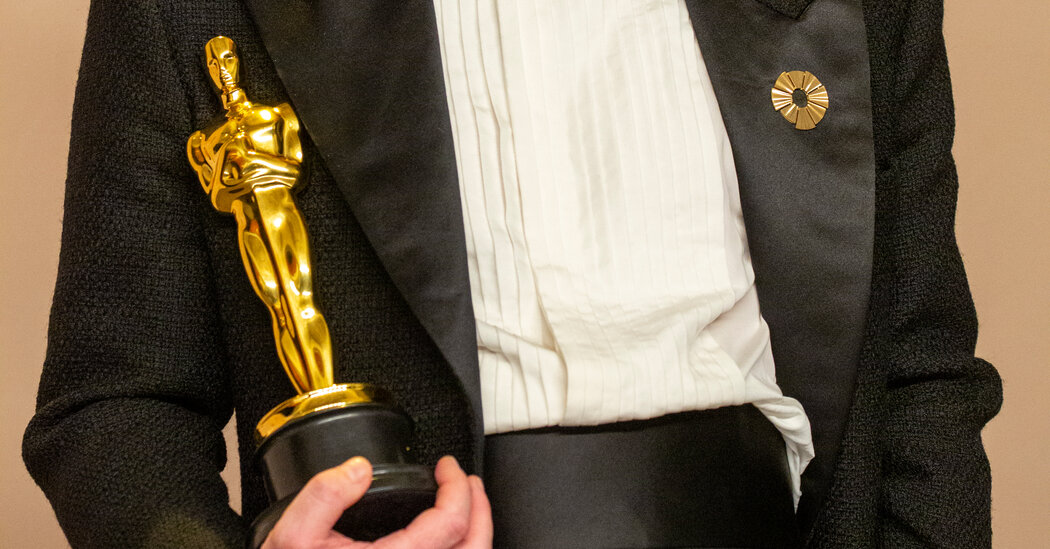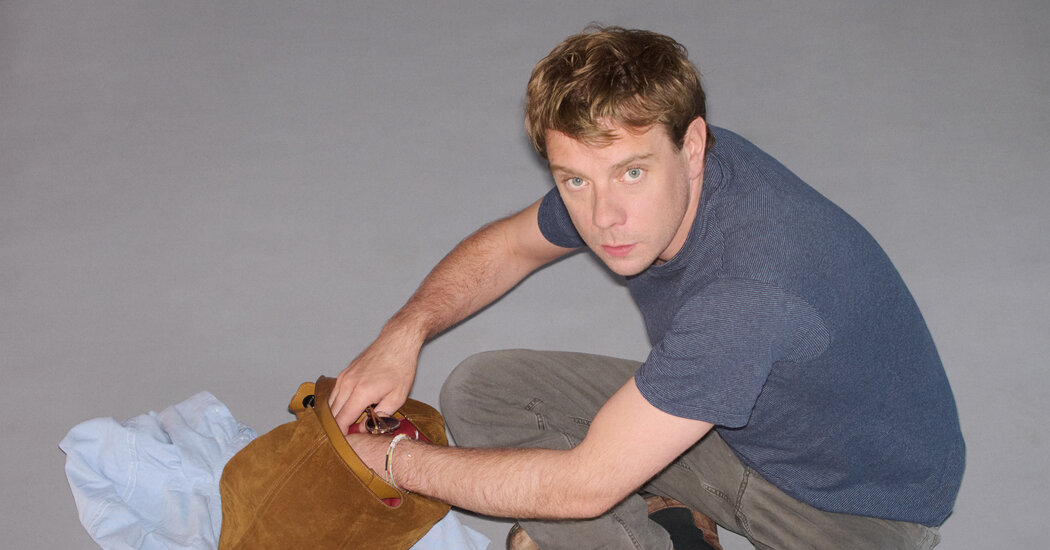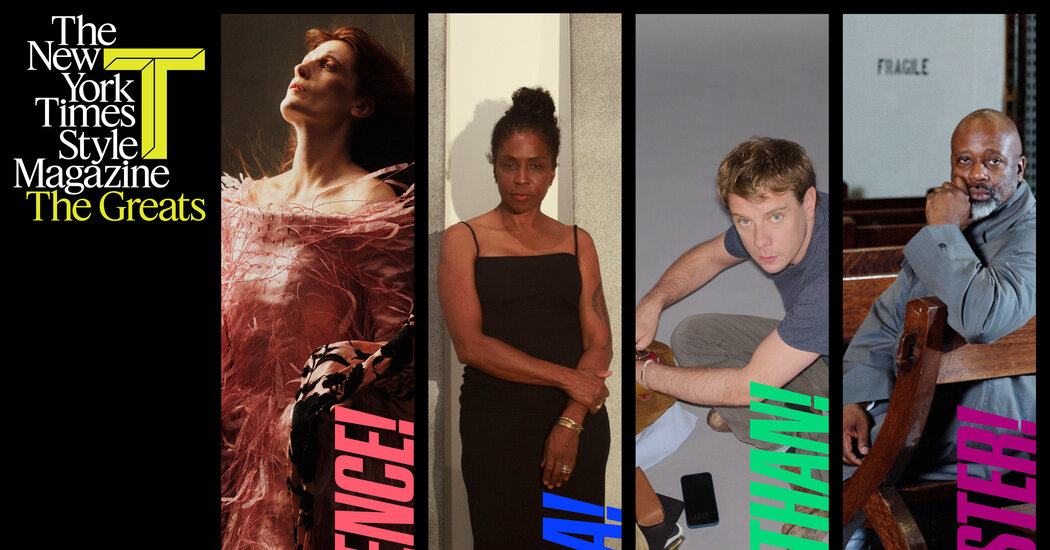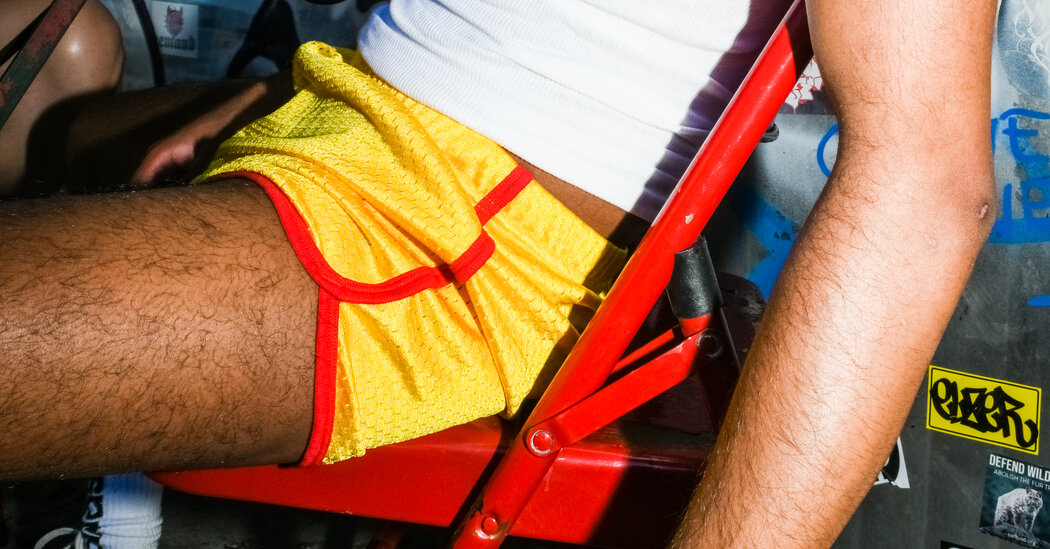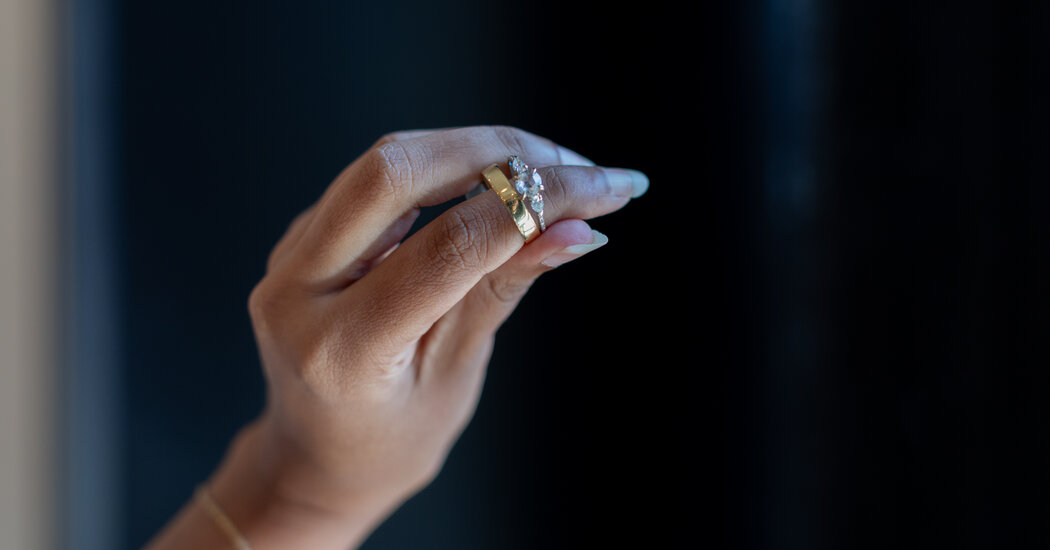War, labor strikes and a thorny political season made scant inroads at the 2024 Academy Awards, where branding trumped protest and jeweled ornaments far outnumbered cease-fire pins. As the most traditional of award shows returned to its roots as a glorified trade affair (ginned up 96 years ago as a way of pacifying above-the-line talent in the wake of the unionizing then gaining a foothold in moviedom), praise was near universal for the return to old Hollywood glamour.
In the early days of the Oscars, studios manufactured that glamour, grooming and refashioning the talent, keeping their images tightly controlled. Actors, of course, long ago stopped being contract players and became independent agents. So no one can blame them for diversifying the revenue streams that flow abundantly from celebrity.
Stars, we know and accept, are now liberated to advertise everything and anything, to don glamorous free clothes for award shows and even, if they like, to turn themselves into beautiful rentable billboard space. So it was notable, if not surprising, to see a sudden proliferation on this year’s male stars wearing baubles more often associated with granny’s jewel box than Hollywood heartthrobs.
Brooches, that is, were everywhere. They were pinned to the lapels of Cillian Murphy, Teo Yoo, Ke Huy Quan, Robert Downey Jr., Tatanka Means, Mark Ruffalo and Jeffrey Wright. They were stylishly fastened to Colman Domingo’s bow tie. They were used functionally, as at their Iron Age inception, to fasten garments. Celts in the pre-Christian era, however, lacked the technology to produce a brooch like the diamond-studded one Simu Liu used to clasp his Fendi jacket.
“Almost every single actor was wearing some kind of jewelry,” Stellene Volandes, the editor in chief of Town & Country, said with approval, “It’s almost gotten to the point where if you were not wearing a lapel pin, you forgot part of your look.”
Style watchers quickly termed it a trend, perhaps forgetting that Jared Leto, Kevin Hart and Timothée Chalamet got there before them and that Liberace was first.
Each of those men went big and went bold, and so, too, did the guys wearing this moment’s brooches, which were a far cry from the chaste, pearl-studded circle pins of the 1960s, the countless pin-on curiosities sold on eBay or, for that matter, one of the gem-barnacled saucers favored by European royalty. Neither were they good luck talismans or family heirlooms. That is, unless an actor’s forbears happened to be named Tiffany, Cartier or Boucheron.
“A brooch on a man is versatile and instantly personalizes and punctuates his attire,” Bertrand Mak, the chief creative officer of Sauvereign, the Hong Kong jewelry house that designed the brooch Mr. Murphy wore to collect his Oscar, said by email. And punctuation was emphatically the effect achieved when Mr. Domingo pinned a jeweled David Yurman sunburst to his bow tie. The brooch was like a boldface exclamation point on his high-wattage smile. It was also a sly gesture of homage to one of the more celebrated recent brooch fans, the designer Karl Lagerfeld.
A brooch, Mr. Mak said, “evokes emotions with the wearer as well as the viewer.’’
Presumably those emotions also include a passionate urge to possess one. Or so you might think, given how avidly jewelry houses are now mining their archives to exploit a newly discovered taste among men for types of jewelry women long ago abandoned. (“I’m brooch-phobic,” Ms. Volandes said.)
Yet some of the most storied jewels are brooches, among them designs like the French jeweler Jean Schlumberger’s Bird on a Rock, introduced in 1965 and bought soon after by the taste-making American socialite and heiress Bunny Mellon. It was understood and accepted in that prehistory of gender understandings that brooches were jewels to be worn exclusively by women.
“You would never have seen Mr. Mellon wearing a Bird on a Rock,” said Nico Landrigan, the president of the Verdura jewelry house, referring to Mrs. Mellon’s philanthropist husband. But that was then, and in recent years, Tiffany & Company has so successfully pivoted to marketing the Schlumberger jewel for men that it has been spotted on the lapels of Jeremy Allen White, Michael B. Jordan and Jay-Z.
“This Tiffany brooch really gets around,” one observant jewelry blogger wrote.
Historically, of course, men have been the largest consumers of jewels, for the obvious reason that they controlled the majority of the wealth. That is now changing and so, too, the notion that any one gender holds a monopoly on being the object of the gaze. Like their female counterparts, male celebrities at the Oscars have adapted to providing itemized wardrobe credit checks when commentators point a microphone in their direction.
Also like the women in the industry, they are quickly learning how to monetize their style. “It’s obvious that when you wear black tie, you have all this neutral canvas to play with,” Mr. Landrigan said. Why not put a pin in it?



